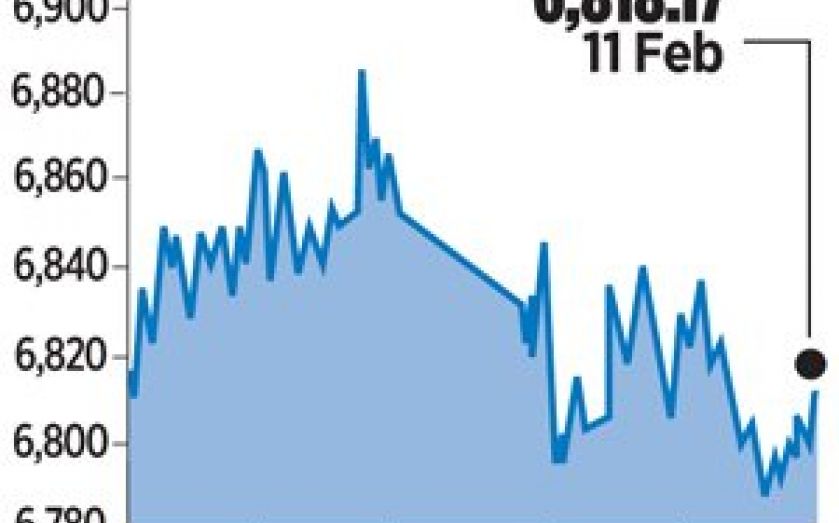Energy, oil and Sky’s football bill hurt FTSE – London Report

THE UK and Gas index fell 0.6 per cent after crude dropped 2.3 per cent on expectations of persistent oversupply, a stronger dollar and a report showing US crude stockpiles at a record high yesterday. Meanwhile the main index was dragged lower by energy company movements as well as the fallout from Sky bidding for the Premier League TV rights.
Oil and gas explorer Tullow Oil fell 7.2 per cent, the biggest decline in the FTSE 100 index. The company reported a $2bn (£1.3bn) pre-tax loss, its first in 15 years, and scrapped its final dividend payment.
“The stronger dollar has done its usual trick of knocking back commodity prices, taking commodity stocks with them,” IG analyst Chris Beauchamp, said.
“It’s hardly surprising to see such negativity in this sector, when we’ve China data that points this week to a continuing slowdown. Oversupply and weak demand aren’t going away, whether in oil or metals.”
The mining index was down 0.9 per cent as copper prices cut gains in afternoon trading session and nickel fell 1.7 per cent. Mining companies Rio Tinto and BHP Billiton were down 0.7 per cent and 1.4 per cent, respectively.
The FTSE 100 index closed 0.2 per cent at 6,818.17 points, down for a fourth straight session.
Among other movers, Sky fell 2.2 per cent after agreeing to pay £4.2bn to show 126 live Premier League football matches a season between 2016 to 2019, far outstripping forecasts.
“While arguably this should mean unchanged consensus numbers … some investors are likely to de-rate the shares because of increased uncertainty around future content renewals and reduced future flexibility on costs,” Barclays said.
However, rival BT rose 3.4 per cent after securing 42 games a season for £960m, putting pressure on Sky to pay a premium.
ARM gained 3.7 per cent after the British chip designer posted a 25 per cent rise in fourth-quarter profit, more than expected.
Reckitt Benckiser Group was up 3.3 per cent to touch a record high. The British consumer goods manufacturer said it was introducing a new cost-savings programme, noting that 2015 would be similar to last year.
Outside the blue-chips, British data centre provider Telecity Group rose 15 per cent after saying it had reached a non-binding, all-share merger agreement with New York-listed Interxion.